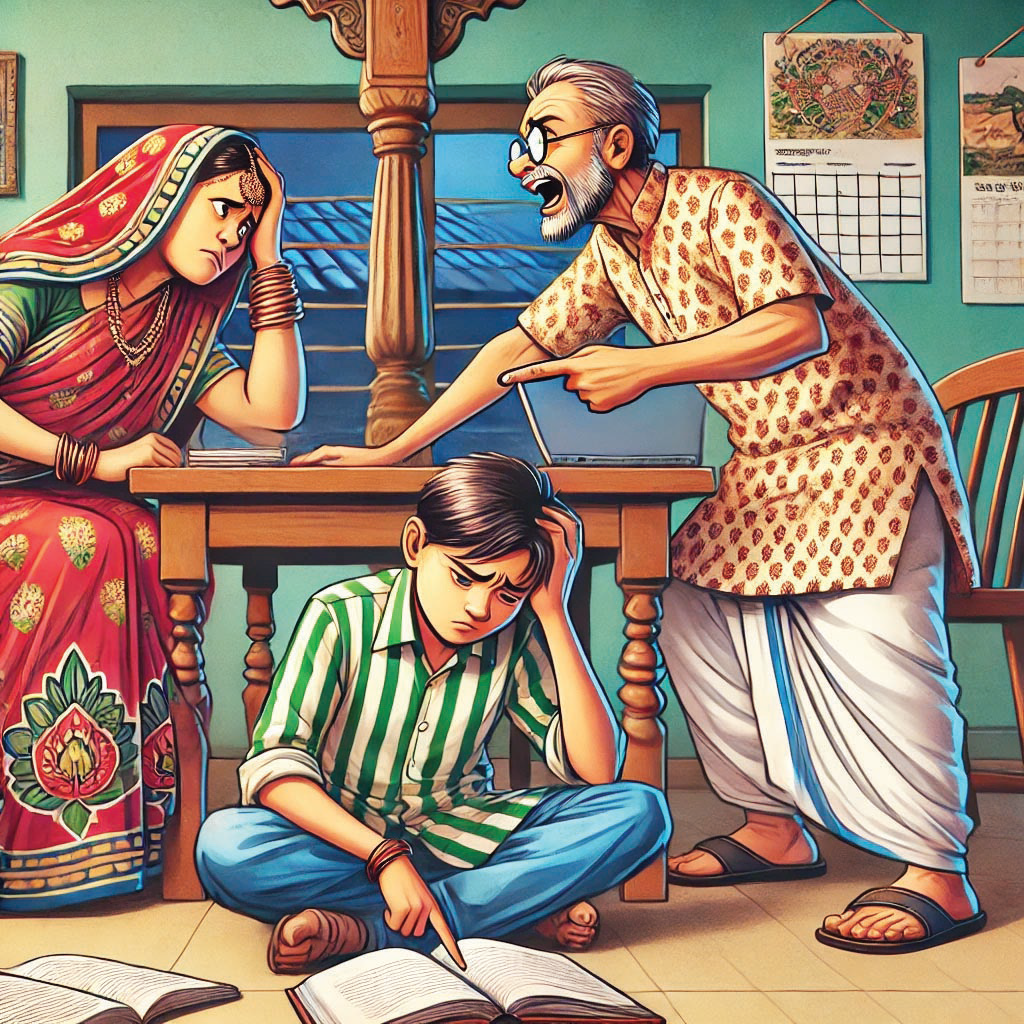
Extreme parenting: Lessons from a tragic incident
How societal pressures & emotional struggles are shaping parenting dynamics today
NT Bengaluru
The recent case of a Bengaluru father allegedly murdering his 14-year-old son, Tejas, for skipping school has shocked the community. The tragedy underscores the devastating consequences of extreme parenting and societal pressures on families. Parenting today is fraught with challenges. Supraja TJ, Founder of Mind Tattva and a counselling psychologist, highlights, “This heartbreaking incident is a culmination of unaddressed emotional struggles, hyped societal expectations and a lack of supportive systems for families. Parents often equate their children’s academic success with their self-worth, fueled by societal definitions of success. When children deviate from these expectations, frustration overtakes compassion, sometimes with tragic results.” Dr. Sheetal Lakhani, Assistant Professor of Psychology and a clinical psychologist, elaborates on the pressure to raise "perfect children." She says, “Parents are blamed for any flaws in their child, which can lead to controlling parenting styles. This creates a vicious cycle where parental anxiety and children’s unmet needs create a cascadng effect.” Adarsh Benkappa Basavaraj, a life coach and career counsellor, notes that modern parenting styles often reflect outdated patterns.
“Many parents replicate disciplinary methods they experienced, unaware of their negative psychological impacts. Today’s children are more advanced and critically aware and harsh methods are more likely to provoke rebellion than compliance.” Extreme parenting behaviours often stem from unresolved emotional struggles or past traumas. Supraja explains, “Parents raised in rigid environments may unconsciously adopt similar methods, believing they provide the necessary encouragement for their kids. However, without regulating their own emotions, these responses can become damaging.” Dr Lakhani recommends a shift in mindset. “Parents should focus on their child’s realistic abilities and collaborate to resolve issues. It's not their job to make their child happy or successful but to support them through challenges.” To break the cycle of extreme parenting, experts stress the importance of self-awareness, emotional regulation and open communication. Basavaraj suggests, “Parents should adopt an assertive style reprimanding without physical punishment. Clear consequences like reducing screen time can be more effective than harsh measures.” Supraja emphasises fostering trust and mutual respect.
“Children thrive when mistakes are met with understanding and when their voices are heard. Schools can play a critical role by bridging gaps between parents and children through workshops and regular discussions on emotional well-being.” Parental stress, often compounded by work-life imbalances, can exacerbate the tendency to control kids too much. Dr Lakhani advises, “Parents must employ stress management techniques like journaling or meditation. Talking with other parents or seeking professional counselling can also provide valuable help to handle stress related to parenting.” Basavaraj underscores the importance of addressing personal issues, including addiction or unresolved anger. “Mental health needs to be normalised as a regular wellness activity, not a taboo. Seeking help benefits the entire family dynamic.” This tragedy in Bengaluru is a stark reminder on the need to prioritise empathy, understanding and healthy coping mechanisms in parenting.
 English daily published in Bengaluru & Doha
English daily published in Bengaluru & Doha






